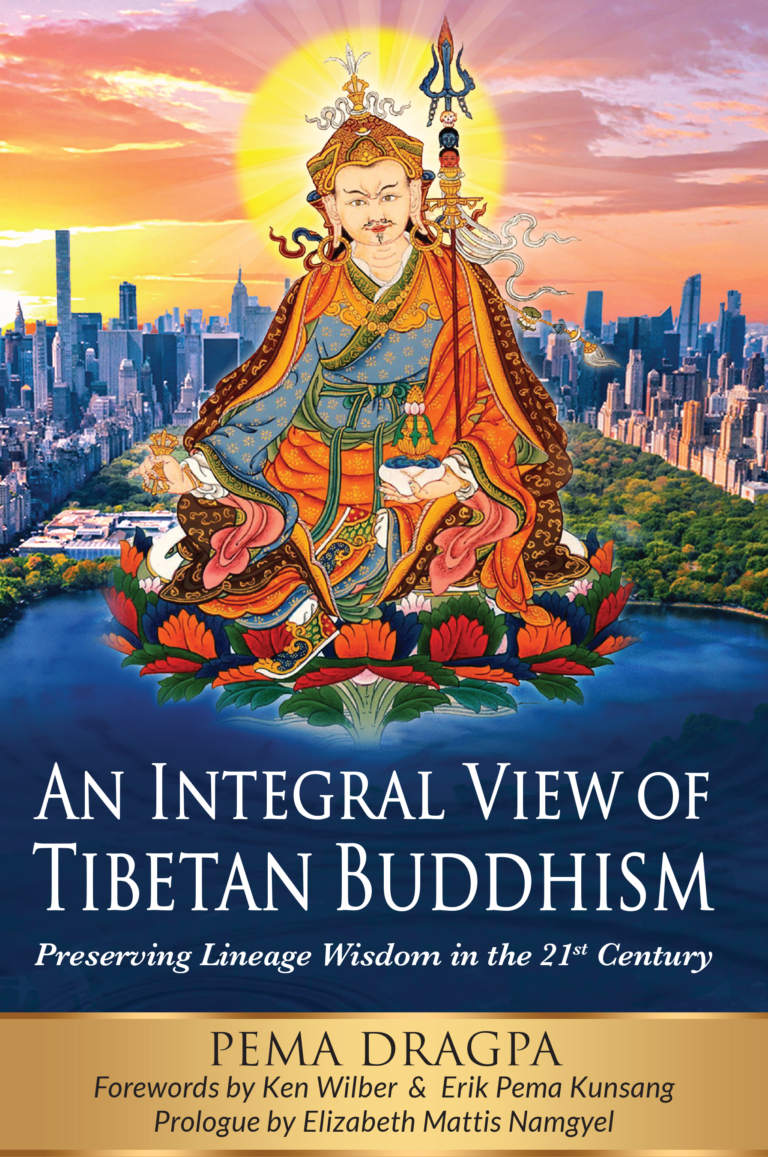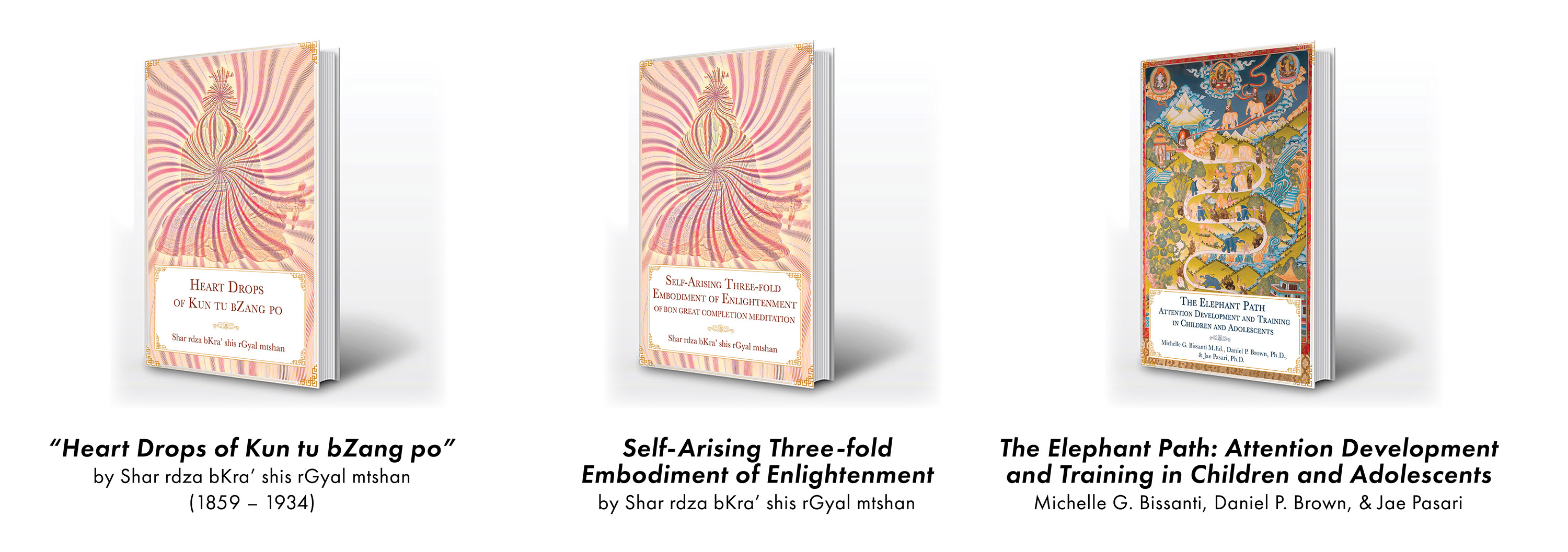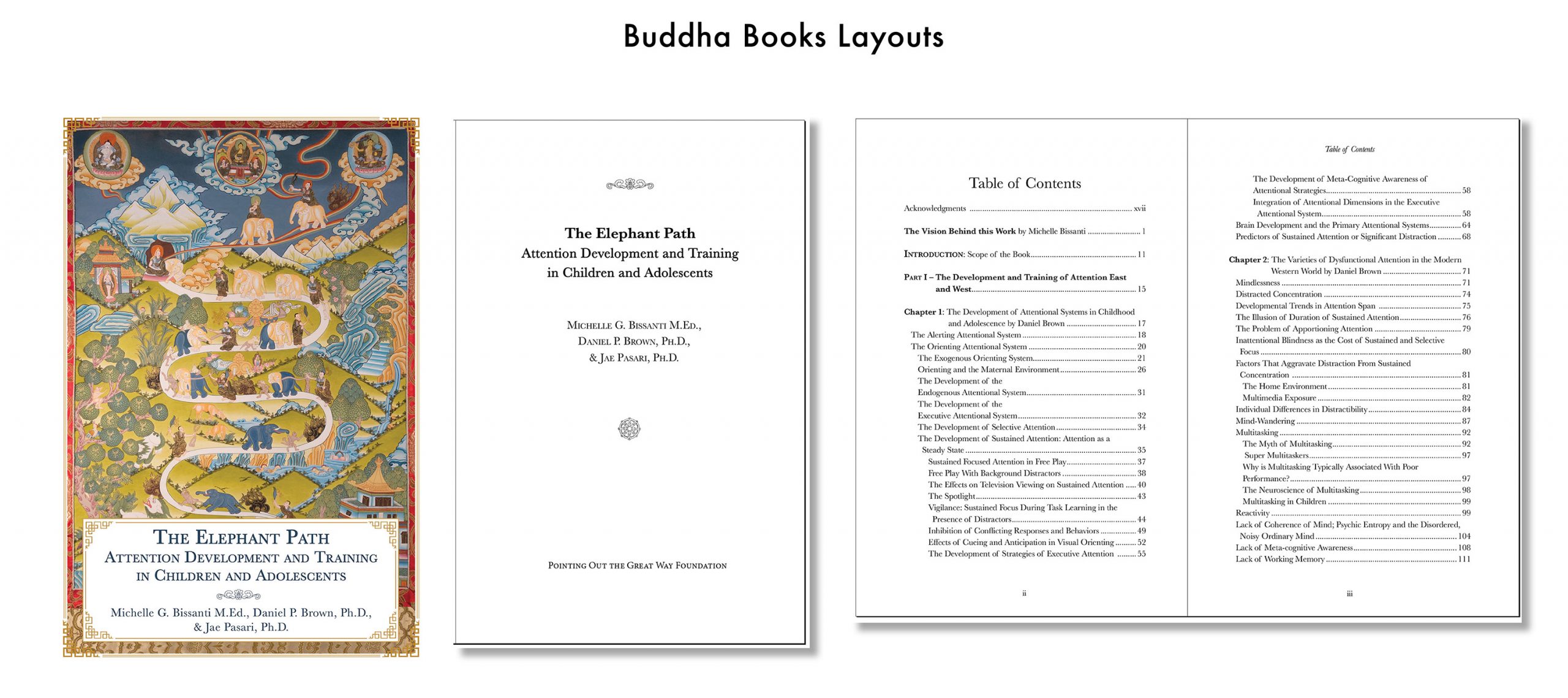An Integral View of Tibetan Buddhism: Preserving Lineage Wisdom in the 21st Century
by Pema Dragpa

An Integral View of Tibetan Buddhism (2023, BRIGHT ALLIANCE) by PemaDragpa is about preserving the vast and profound lineage wisdom of Vajrayana Tibetan Buddhism into the 21st century and beyond, without attempting to change it simply to fit into modern or postmodern worldviews. The book argues that in order to practice the full range of Tibetan Buddhism according to the teachings of Buddha Shakyamuni and Guru Padmasambhava, you have to take a multi-perspectival, “Integral” approach, which will naturally maintain the original intent of the Buddha and the centuries-long tradition of Buddhist lineage masters. This is just as true now as it was twenty-five centuries ago. By clearly mapping out and demonstrating how Vajrayana Buddhism can straightforwardly be studied and practiced in an Integral way, the already extremely fragile lineage wisdom of Tibetan Buddhism will be preserved.
In terms of much larger conversations beyond Buddhism—such as those about culture wars, climate wars, language wars, and the age-old battle between science and religion—the specialty of the Integral approach is that it locates all of these discussions in a scenario that isn’t seen as a “war,” but seamlessly allows all positions to offer their own unique insights. Thus, we are called to ask: “What does each worldview bring to the table that is valuable and worthy of inclusion? How can all of these important contributions be honored and integrated into more robust, resilient, and effective responses to the challenges we’re facing today?” while still maintaining the integrity of thousands of years of Buddhist wisdom. Grounded in the Integral theory of Ken Wilber, as well as many contemporary, leading-edge Buddhist scholars, meditators, and lineage holders, the author presents a lively discussion that invites us into a profound inquiry about preserving lineage wisdom far into the future for the benefit of all sentient beings.
DESIGN & LAYOUT by Brad Reynolds, Integral Art & Studies


Daniel P. Brown Buddha Books



